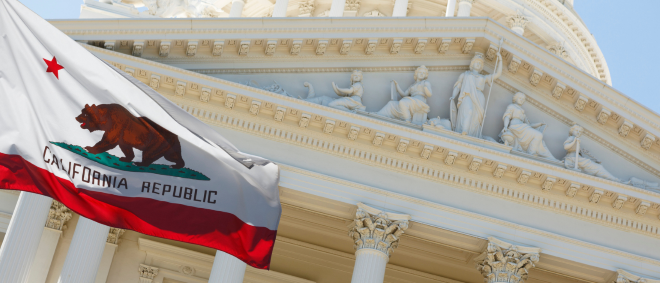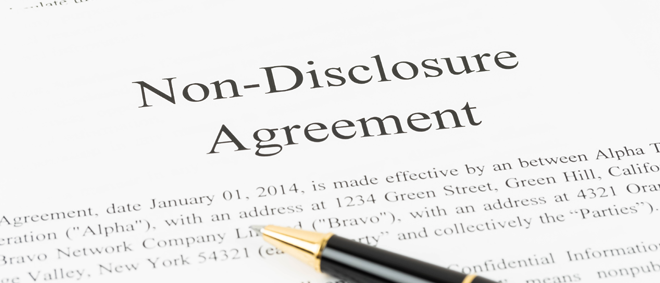On October 8, 2023, California Governor Gavin Newsom signed into law Senate Bill No. 497, the “Equal Pay and Anti-Retaliation Protection Act.” The new law amends California Labor Code sections 98.6, 1102.5, and 1197.5 to create a “rebuttable presumption of retaliation” if an employee experiences an adverse employment action within 90 days of engaging in any protected activity covered by the specified sections. This new law, which will become effective on January 1, 2024, also entitles a prevailing plaintiff civil penalties for each violation.Continue Reading New California Law Makes It Easier for Employees to Establish Retaliation Claims for Alleged Labor Code Violations







